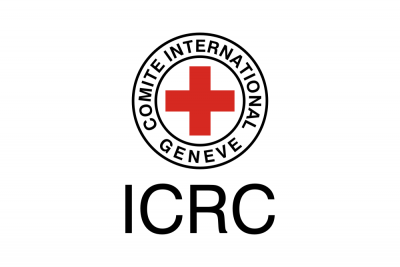La Seconda Guerra Mondiale

Wilhelm Traub, Kommandeur Pionier-Bataillon 305/305 Infanterie-Division tra le macerie della fabbrica “Barrikady”, Stalingrado. Imbraccia una mitragliatrice russa PPŠ-41 catturata. (colore mio)Wilhelm Traub nacque il 14 novembre 1895 a Helmstedt. Era il Bataillonsführer di Pi.Btl.305 di cui assunse il comando il 16 ottobre 1942. Iniziò la guerra con Pi.Btl.22 e salì di grado fino a Hauptmann. Traub non è tornato a casa. Disperso in azione il 5 gennaio 1943 fu promosso postumo a Maggiore nel 1944.Nella battaglia di Stalingrado (23 agosto 1942 – 2 febbraio 1943), la Germania e i suoi alleati combatterono l’Unione Sovietica per il controllo della città di Stalingrado (ora Volgograd) nella Russia meridionale. Segnato da feroci combattimenti ravvicinati e attacchi diretti ai civili nei raid aerei, è una delle battaglie più sanguinose nella storia della guerra, con una stima di 2 milioni di vittime totali. Dopo la sconfitta a Stalingrado, l’Alto Comando tedesco dovette ritirare considerevoli forze militari da altri teatri di guerra per rimpiazzare le perdite..
Wilhelm Traub, Kommandeur of Pionier-Bataillon 305/305 Infanterie-Division in the rubble of the factory “Barrikady”, Stalingrad. Handles a captured Russian PPŠ-41 submachine gun. (my colorization)Wilhelm Traub was born on the 14th November 1895 in Helmstedt. He was the Bataillonsführer of Pi.Btl.305 which he took command of on the 16th October 1942. He started the war with Pi.Btl.22 were he would climb through the ranks to Hauptmann. Traub did not make it home. Missing in action 5th January 1943 and posthumously promoted to Major in 1944. In the Battle of Stalingrad (23 August 1942 – 2 February 1943), Germany and its allies fought the Soviet Union for control of the city of Stalingrad (now Volgograd) in Southern Russia. Marked by fierce close-quarters combat and direct assaults on civilians in air raids, it is one of the bloodiest battles in the history of warfare, with an estimated 2 million total casualties. After their defeat at Stalingrad, the German High Command had to withdraw considerable military forces from other theaters of war to replace their losses.












Commenti recenti